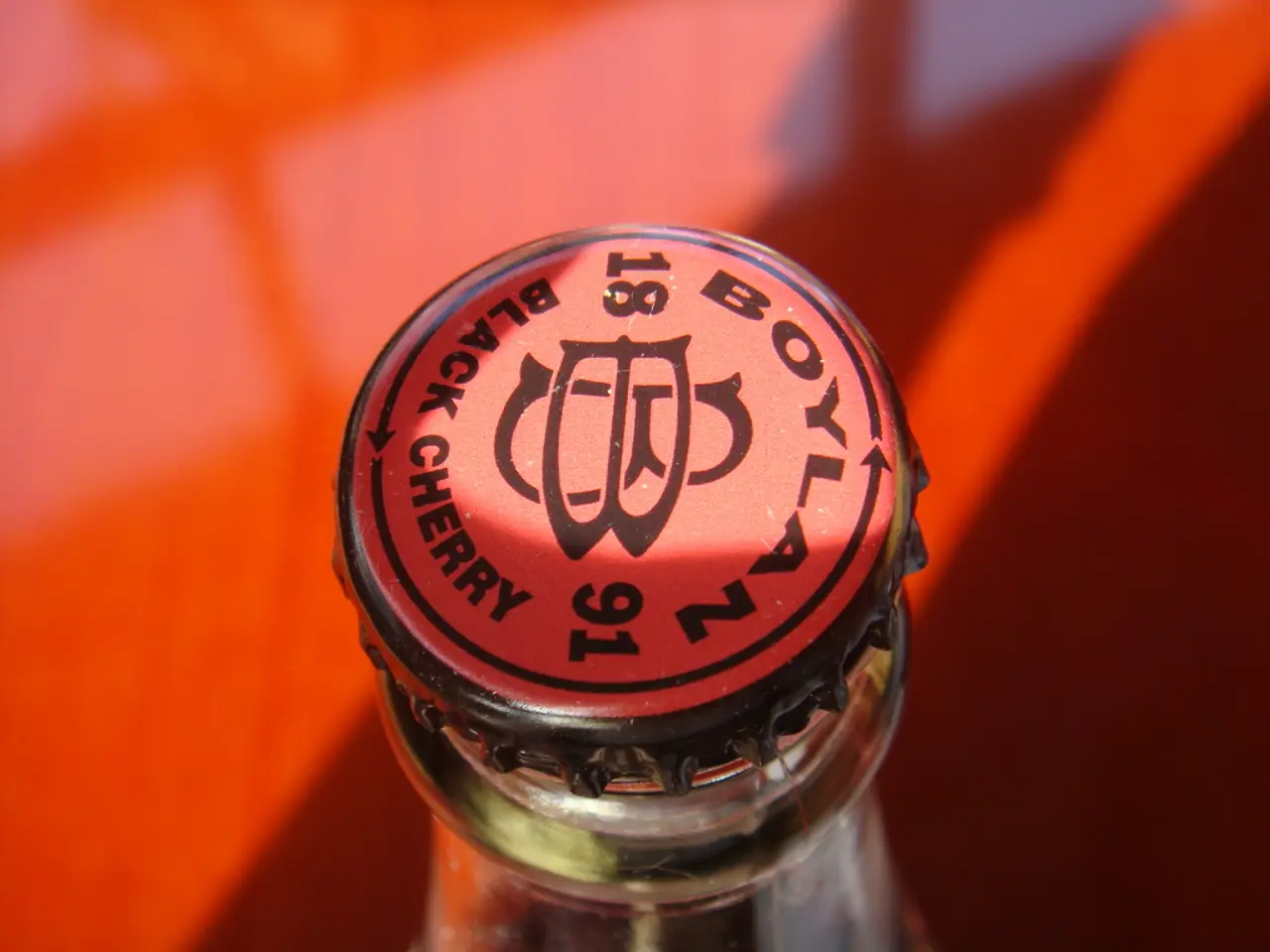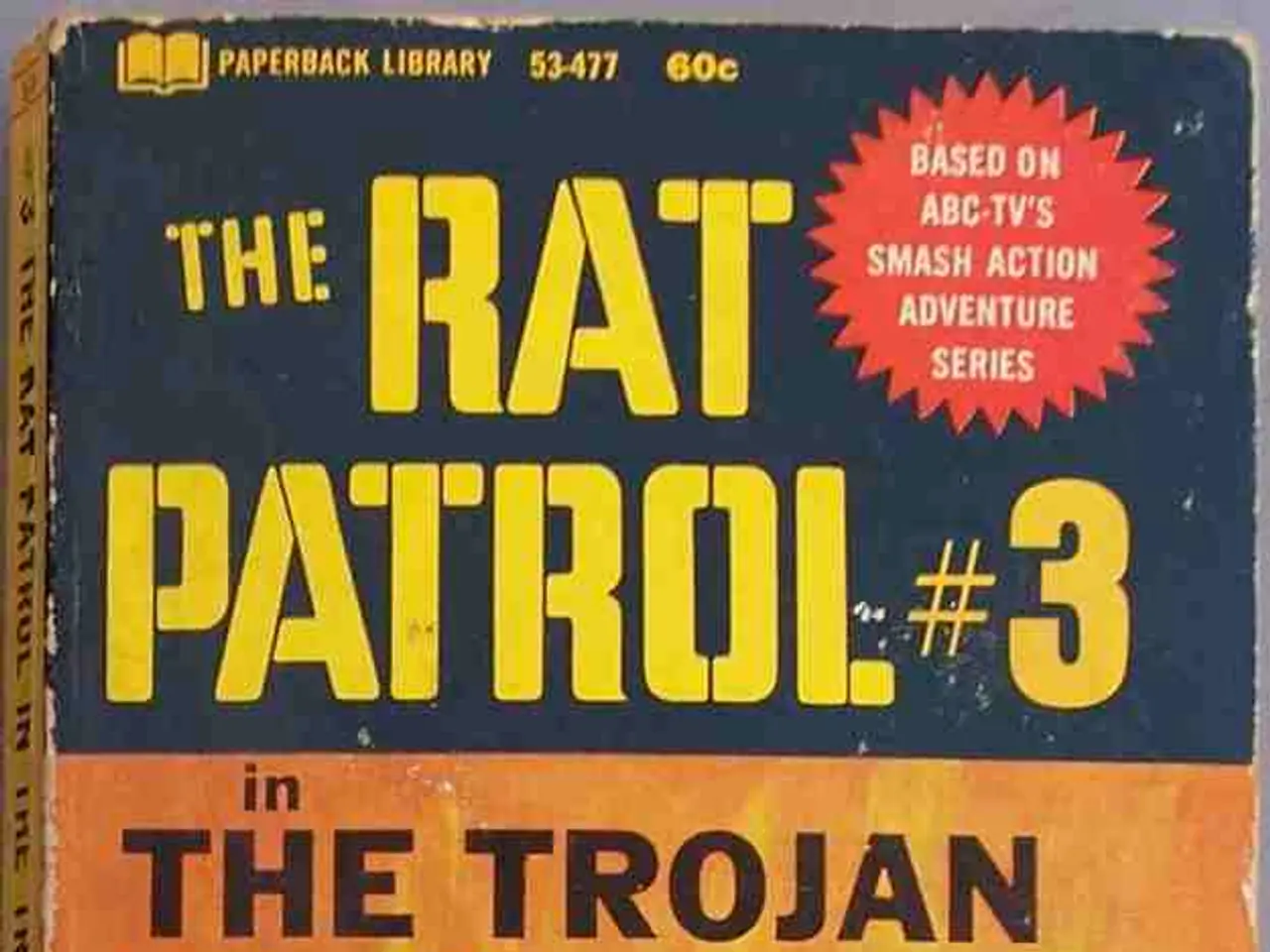Beethoven's classic piece 'Für Elise' prompts Taiwanese homeowners to empty their trash bins
Taiwan's Singing Garbage Trucks: A Unique Cultural Tradition
In Taiwan, the sound of classical music is not just limited to concert halls. For decades, waste collection trucks have been broadcasting melodies such as Beethoven's "Für Elise" and Tekla Bądarzewska-Baranowska's "Maiden's Prayer" to signal waste collection time. This unique practice, which originated in 1997, has become a cultural tradition and social ritual in the country.
The canary yellow-colored waste collection trucks are a familiar sight on Taiwan's streets, and their musical tunes have become a solid staple of the country's soundscape. The origin of why classical music was chosen for the collection calls remains unknown, but the choice of these pleasant, distinctive melodies has proved effective. They catch the attention of residents without causing disturbance, serving as a convenient and recognizable auditory cue for waste disposal.
This system supports Taiwan's strict waste management policy, which requires pre-sorted trash in approved bags. Residents are expected to bring their rubbish out to the trucks when they hear the music. The clear, musical signals help maintain punctuality and efficiency in collection schedules, contributing to a dramatic increase in Taipei’s recycling rate (from 2% in 2000 to nearly 67%) and a significant reduction in incinerated waste.
The use of classical music in waste management is not just practical; it also fosters community interaction during disposal times. Elderly residents often gather and socialize while waiting for the trucks, turning waste disposal into a community event. Some even share stories of couples meeting while waiting for the singing waste collection trucks to arrive.
However, not everyone is pleased with the loud music. Some residents complain that the volume is too high, disrupting their peace and quiet. Despite this, the practice continues to be a part of Taiwan's waste management system.
In recent years, Taiwan has made significant strides in waste management and is now a largely litter-free society. The decades-old policy, coupled with the unique singing garbage trucks, has played a significant role in this achievement. But for foreigners visiting Taiwan, the singing waste collection trucks can sometimes be mistaken for ice cream vans, offering a quirky and memorable introduction to the country's waste management system.
- The use of classical music, such as Beethoven's "Für Elise" and Tekla Bądarzewska-Baranowska's "Maiden's Prayer," broadcast from Taiwan's yellow waste collection trucks, not only serves as a unique and recognizable auditory cue for waste disposal but also contributes to entertainment and social interaction among residents.
- This traditional practice of using classical music in waste management, although it sometimes causes disagreement among residents due to the volume, has significantly enhanced Taiwan's waste management system, fostering community interactions and efficiently supporting the country's strict recycling policies.








